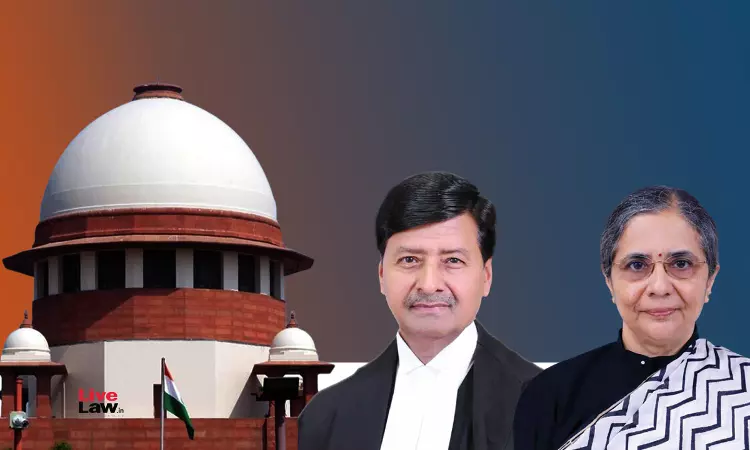The Supreme Court has observed that Pay Commissions may be justified in recommending different pay scales for seemingly similar posts and if the State accepts such differentiation based on a reasonable classification, then the Courts will not interfere.The doctrine of "equal pay for equal work" will not strictly apply in such cases."It may be true that the nature of work involved in two...

